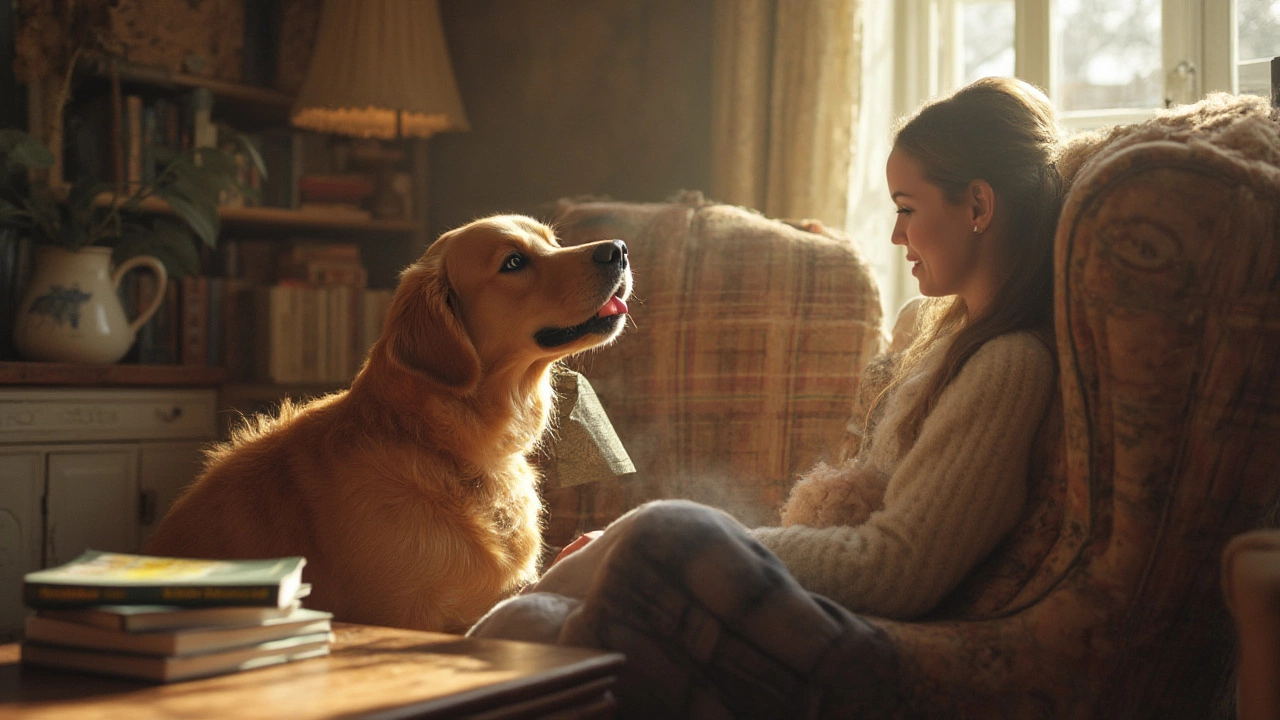Why Dogs Lick: What Your Pup’s Licks Really Mean
Ever wonder why your dog can’t stop licking your hand, the floor, or even itself? Licking is one of the most common dog habits, but it’s not just a random quirk. Your dog uses its tongue to talk, comfort, explore, and even warn you about something. In this guide we break down the most common reasons and give you quick tips on what to do.
Common Reasons Dogs Lick
First off, licking is a natural way dogs communicate. When they lick you, they’re often showing affection. It’s like a hug in canine language. Puppies learn to lick from their mother, so it’s wired in their brains as a sign of love and trust.
Another big reason is curiosity. Dogs use their noses and tongues to investigate the world. A new smell on a blanket or a weird taste on a toy will get a lick. If you notice a sudden spike in licking a particular object, think about any new scents or foods that might have been introduced.
Stress and anxiety can also trigger licking. Dogs may lick their paws, a spot on the floor, or even themselves when they’re nervous. If you’ve just moved, started a new routine, or have a lot of visitors, watch for excessive licking as a calming ritual.
Some dogs lick to soothe minor injuries. A small cut or irritation can make them lick the area to clean it. This is a natural instinct, but too much licking can actually delay healing. Keep an eye on any red or swollen spots that get a lot of attention.
When Licking Might Signal a Problem
While occasional licking is normal, there are red flags you shouldn’t ignore. Constant licking of one paw or a specific spot can point to allergies, ear infections, or skin issues. If the skin looks raw, crusty, or smells bad, it’s time for a vet visit.
Excessive licking that leads to hair loss or open wounds is another warning sign. This could be a sign of compulsive behavior, which sometimes needs professional training help or medical treatment.
Older dogs may lick more because of cognitive changes. If you notice your senior dog becoming confused or obsessively licking objects they used to ignore, ask your vet about dementia or other age‑related concerns.
Finally, watch for licking that seems tied to food. Dogs with nutritional deficiencies sometimes lick surfaces hoping to find missing nutrients. A balanced diet from a reputable supplier, like the one we carry at Nelson’s Equestrian and Pet Supplies, can help prevent this.
Bottom line: licking is a useful clue about your dog’s mood and health. A quick look at when, where, and how often your dog licks can tell you if it’s just love, curiosity, stress, or something that needs attention. Keep an eye on patterns, and don’t hesitate to call your vet if anything looks abnormal.
Understanding why dogs lick gives you a better way to bond and keep your furry friend happy and healthy. The next time your pup gives you a lick, you’ll know exactly what they’re trying to say.
Why Dogs Lick People: Understanding Your Pet’s Licking Behavior
Unravel the reasons behind why dogs lick you, uncovering the science, emotions, and communication involved. Practical tips included for pet owners.
